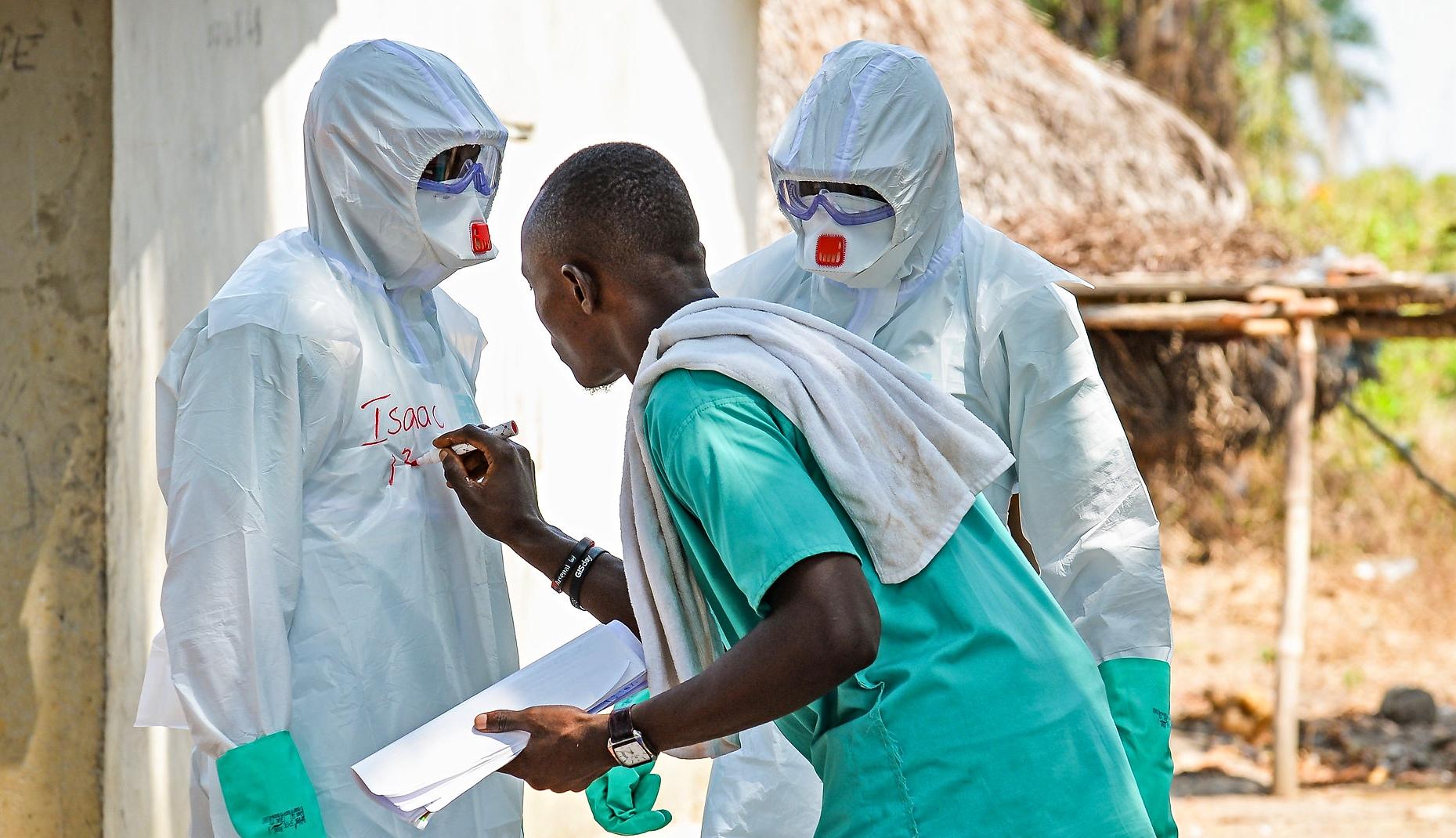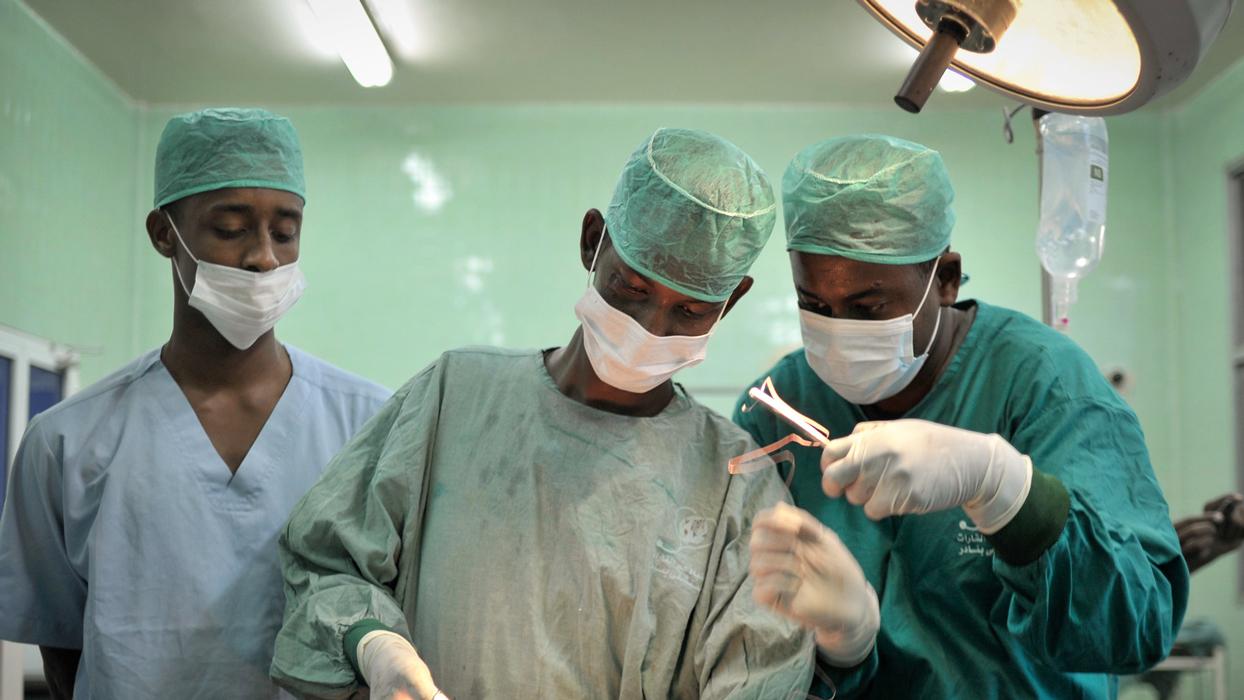Containment of Covid-19 has ruptured everyday social and economic exchange in Uganda, with lockdown measures posing challenges to people who need to work to survive. From isolation in Kampala, Innocent Anguyo describes the realities of the government’s epidemic response.
This post is part of a series exploring the effects and experiences of Covid-19 prevention in Uganda.
Both fear of Covid-19, and adjusting to the lockdown imposed on 31 March 2020, have radically changed everyday social lives across Uganda, as in many other countries. As I write from isolation in Kampala, the range of things I generally take for granted – over-the-top nuptials, funerals with mammoth crowds, an evening watching English football with friends, the daily commute in packed Matatus (minibus taxis), a gossip on a boda boda (bike taxi), grabbing a Rolex (egg wrap) from a chapatti stall – are impossible.
The Covid-19 response has highlighted how group membership, from family celebrations to passing encounters, forms the basis of everyday life. But as national infections rise to 52 cases, the government is still taking ever more dramatic steps to contain the disease – upending lives and livelihoods.
A decisive response to Covid-19: presidential strategies
Many Ugandans knew about coronavirus long before it arrived in the county. We heard of rising infections and deaths in China, then in Italy and Spain, in the national press. We understood this to be a global virus, but quietly we hoped the coronavirus would not enter Uganda. Just as the recent Ebola outbreak was contained in the Democratic Republic of Congo (DRC), we hoped that this new virus would stay in the West and the East.
Long before Uganda registered its first case of Covid-19 on 15 March 2020, on 11 February Dr Jane Ruth Aceng, the Minister of Health, issued a statement rallying Public Health Workers (PHWs) and the country to stay vigilant. The Uganda Virus Research Institute (UVRI), the country’s only Covid-19 test centre, was re-equipped and restocked. Information sheets with telephone numbers of medical officers were developed and handed out to travellers at Entebbe International Airport, and screening began. PHWs were drafted into surveillance teams tracking returnees from abroad.
A month later, particularly when the neighbouring countries of Kenya, Rwanda, Tanzania and the DRC started registering cases, President Yoweri Museveni responded decisively, putting the country under lockdown. Social lives were first affected: schools and universities closed, and mass gatherings were suspended. Later, measures brought shocks to everyday economic lives: public transportation banned, markets restricted to selling foodstuffs, arcades and shopping malls shut. With cases rising to 33 on Monday 30 March, added to the list of restrictions were a 14-day 7pm curfew, prohibition of people movement, closure of salons, garages and lodges, and a freeze on private car use. Market vendors and factory workers have been ordered to temporarily relocate to live on the premises of their workplaces. Vital institutions such as banks, funeral homes, garbage collection companies, water and electricity distributors, the roads maintenance agency and the tax collection authority have been directed to encamp their crucial staff or obtain special exemption from a high-level district official.
The security forces have been deployed to enforce the lockdown measures. Publicly, Museveni advocated the need to avoid the mistakes of other countries: ‘it is better to take the bitter medicine of maximum restrictions,’ he explained.
Uganda’s health system is used to operating in ‘emergency mode’, having experience with Ebola and Cholera. Museveni himself has continued to address the nation with public health advice. An aggressive seven-point health messaging campaign has focussed on social distancing, the wearing of face masks, hand washing with soap, using sanitisers and avoiding touching eyes, nose and the mouth. To draw the attention of Christians, who constitute 84% of the Ugandan population, the President used biblical language to stress the import of observance: ‘Go home my people and lock your doors! Hide yourselves for a little while until the lord’s anger has passed’(Isaiah 26:20), which according to Museveni was brought to his attention by a sheikh – a leader in the Muslim community that makes up 14% of the Ugandan population.
This public health approach has largely served to quash the validity of rumours and conspiracy theories spreading over social media. On Saturday 28 March, the Uganda Police Force announced the arrest of a Kampala pastor, Augustine Iga, over false utterances and passing harmful propaganda relating to Covid-19. Pastor Iga is suspected to have said that the coronavirus is not in Uganda. Also arrested was Deogratius Kiibi Kateregga, a priest who allegedly defied the ban on holding religious gatherings.
Generally, public health understandings of Covid-19 prevention prevail. As Ugandans, we are particularly worried about the effect the virus could have on the vulnerable, the elderly and people already suffering from sickness.
Ugandans lament the country’s economic exposure
Ugandans recognise the political implications of Museveni’s lockdown, as measures to suppress public gatherings have become a common feature of electoral periods. But on a personal level, Ugandans lament the economic exposure these measures have brought.
For those in what the President calls the ‘hand-to-mouth’ category of workers, financial security depends on highly personalised efforts – especially in the gig economy – which along with the rest of the informal sector employs 80% of the Ugandan workforce, and contributes 50% to the country’s gross domestic product (GDP). It is them who will be hit the hardest by a severe economic meltdown resulting from stringent lockdown measures. They have lost their jobs and their businesses have been padlocked. Like all countries fighting the novel coronavirus, Uganda was faced with the dreadful choice of either ruthlessly damaging the employments of her people through prolonged lockdowns, or to sacrifice the lives of scores to the sickness. Unlike previous epidemic preparedness measures, such as Ebola, the response to Covid-19 has ruptured everyday routines and rhythms of people in the cities.
Therefore, the main fear bugging most Ugandans is not the virus, but rather the isolation measures that have significantly disrupted people’s means to make an income. For that reason, people continue to brave the streets to work. For instance, street vendors continue scurrying to the windows of vehicles in traffic lights and jams. Without masks, they shout the prices of their merchandises to the motorists, who, petrified by a prospect of contact, swiftly raise their windows, fearing the street could become the epicentre within Uganda. These vendors cannot afford to isolate at home, or should I say the verandas of commercial buildings, unless they want to starve to death. The street is their workplace, livelihood and home.
Such innate helplessness to quit work, even momentarily, is true for other informal workers such as market vendors, mechanics, drivers, taxi touts, cleaners, construction workers, peasants, boda boda riders and hourly-paid maids etc. To thus avoid long-lasting damage to these ‘hand-to-mouth’ livelihoods, Uganda needs to strategise how to not only quell the virus, but also cut the duration of the economic distress. It must be done urgently. This has nothing to do with economic growth, but everything to do with human life and livelihoods. It is about survival.
These are times when Ugandans want their state to come to the fore. They are venting their frustration, sadness and anger at their government’s failure to roll-out a relief package, as has been the case in countries such as the UK, Canada, Germany, the US, Australia and even neighbouring Kenya. They are wondering why their government is not protecting them like the UK is doing its own people! The importance of a relief package cannot be overemphasised. A bigger section of the Ugandan population is financially insecure. Approximately 46% of Ugandans do not make any savings, according to 2019 statistics from the central bank. Of the remaining 54% that put aside money for future use, most of their savings go towards affording household consumption. For instance, about 37% primarily save to meet recurrent expenses such as food and education, while 26% save for emergencies like illness.
With a population this vulnerable, in considering the economic shock of lockdowns, we need to think about how long we can really go on with the current arrangement. For how long can our national coffers sustain us? Do we even have enough food to last us half a year, especially when locusts have devastated crops in some parts of the country?
President Museveni’s response has been a promise of food donations to the ‘hand-to-mouth’ Ugandans who have lost their income under the lockdown. ‘We are [also] going to discuss with banks, electricity and water companies in connection with the loans and bills to loosen their grip on non-fulfillment of payments during this difficult period,’ Museveni said.
But Museveni’s critics, Kampala Lord Mayor Erias Lukwago and four-time presidential aspirant Kizza Besigye, have deemed the president’s proposals laughable. The two politicians have urged the National Social Security Fund (NSSF) to support members by paying out a portion of their savings. But the NSSF cites legal lacuna as an impediment to making ad hoc payments to its members under crises such as the coronavirus. People Power Movement leader Bobi Wine also encouraged the government to scrap taxes on mobile money transfers to boost cashless transactions, and eliminate social media tax to facilitate receipt of health information. Tax on mobile money transactions has been eliminated. Whereas plurality of ideas is important for managing humanitarian emergencies such as Covid-19, it is difficult to sieve sincere advice from the politicisation of issues.
The right to health vs the right to work?
As Ugandans, we understand that temporary sacrifices may be necessary to halt the spread of the coronavirus. But the effects of the virus are not being experienced equally. The right to health is entwined with the right to work; livelihoods sustain lives. There is an urgent need for a relief package to help poor Ugandans, and there remains a real sense of confusion about the president’s announcement to donate food handouts to hand-to-mouth people: how, for how long, when and where this help will be delivered. Given the depth and breadth of the Covid-19 lockdown, unlike other epidemics, everyday discourse makes claims on governments to protect and assist as people cannot work to assist themselves. People need pledges more than politicking.
Photo: Kampala by Random Institute on Unsplash.






I’m wondering if anyone in Uganda is following how herders and pastoralists in Uganda are responding to these government measures and the pandemic generally?
Great story, sad but true. I referred to it in a piece I wrote for Liz and Innocent. This could be a good follow up to this article: “COVID Sets USA Economy Back 1 Year, Developing World 10–Unless We Issue Microloans.” https://bit.ly/UgCov-19
Ugandans need to be alive and healthy to revive the economy. If the preventative measures were not in place the effects of coronavirus on the economy would far outweigh those of measures like the lockdown. Instead of solely focusing on the economic effects on individuals it is also important to highlight the importance of the preventative measures which have contributed to no deaths so far. This has been a great achievement; credits goes to God, the President and his Scientific Advisers.